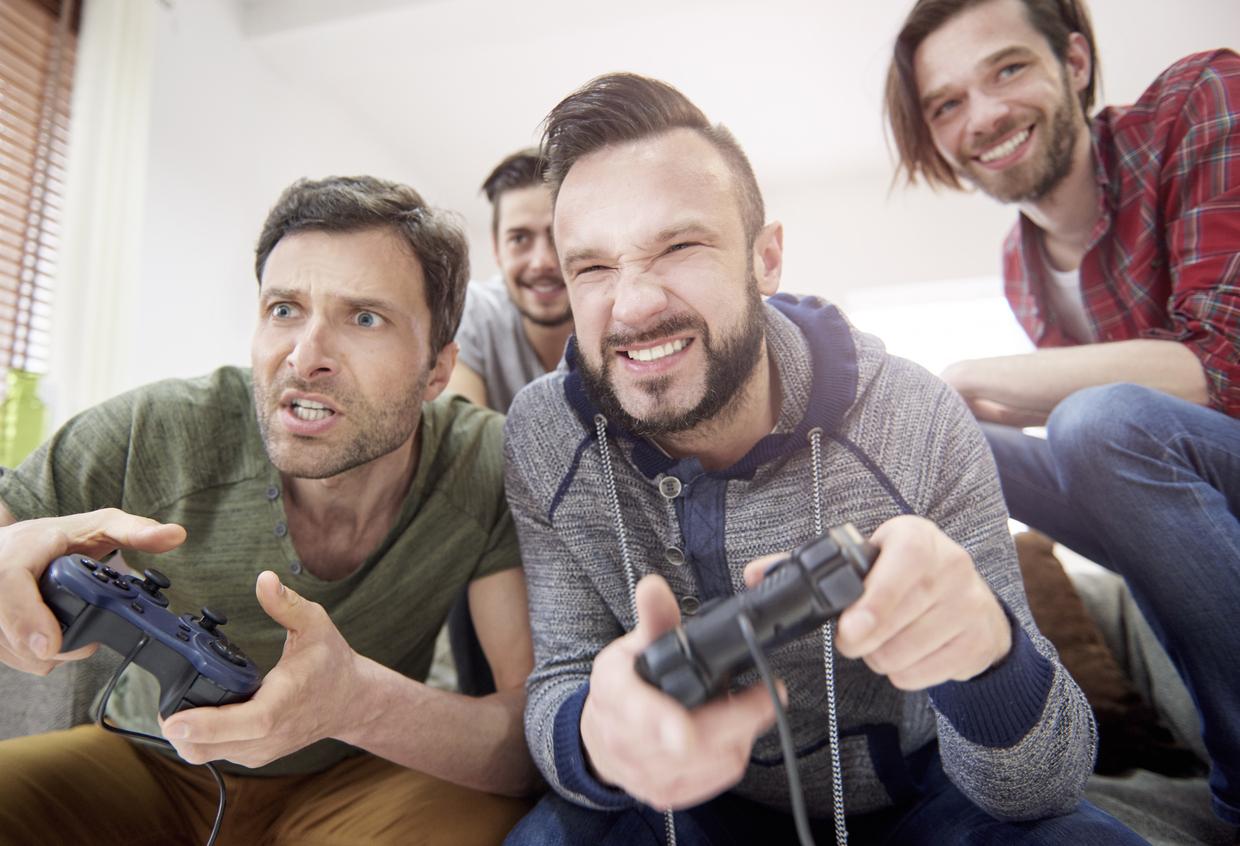Gamers less likely to suffer from premature ejaculation, study reveals
It might not be game over after all

The criticisms directed at video gaming are plentiful with cynics voicing their concerns about the behavioural effects of first-person shooters and fighting games.
But, could a gaming addiction be impacting men’s sex lives too?
Seeing a lack of evidence in the relationship between gaming and sexual health, a new study published in the Journal of Sexual Medicine surveyed 396 Italian men between the ages of 18 and 50.
Only to find that those who played video games for at least an hour a day had a lower likelihood of premature ejaculation that those who didn’t.
However, it wasn’t all good news.
The study also revealed that gamers reported having a lower sexual desire, which researchers said could be down to video games being stressful to play.
“It can be assumed that 'video game stress' might lead to hyperprolactinemia, possibly resulting in loss of sex drive,” they said.
They go on to explain that the two opposing results could be related explaining that the video games supply a steady stream of dopamine, “the pleasure hormone” that is involved in stimulating an orgasm, to the player, and therefore gamers see a decreased receptor response.
“This might cause tolerance in the ejaculatory reflex and a decreased interest in intercourse,” the authors added.
While the study is unable to determine exactly what causes lower levels of premature ejaculation and sexual desire, the study’s lead author hopes that further analysis will lead to a better understanding of the relationship between sexual health and gaming.
“I think that video games might be similar to physical exercise in these regards: occasional use might have beneficial effects, but when some threshold between 'occasional use' and 'chronic abuse' is crossed, ill effects might occur,” Andrea Sansone, told Broadly.
“We are just scratching the surface of this new field of research: I hope that sooner or later we will be able to produce more solid results. In the meantime, I'll keep playing!”
Join our commenting forum
Join thought-provoking conversations, follow other Independent readers and see their replies
Comments
Bookmark popover
Removed from bookmarks